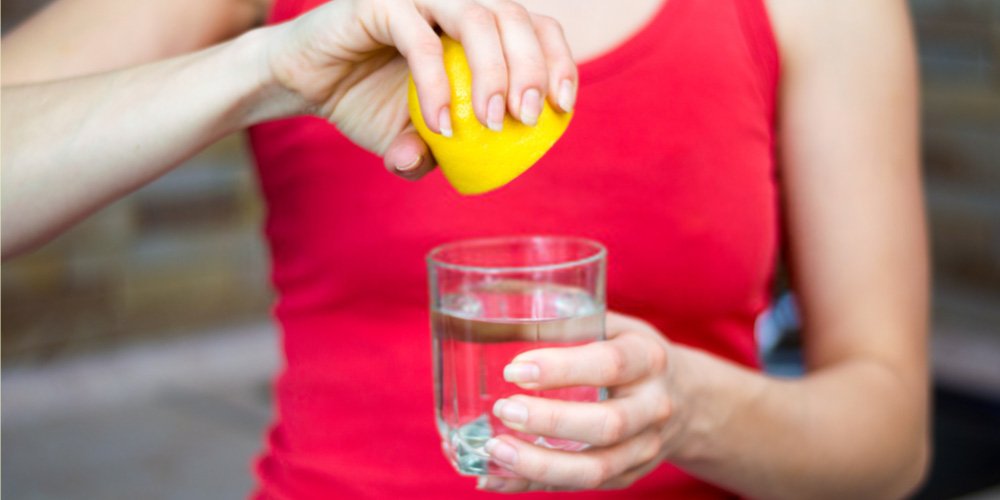
Introduction
Kidney stones are a common medical condition that affects millions of people worldwide. These small, hard deposits of minerals and salts can form in the kidneys and cause excruciating pain when they pass through the urinary tract. While there are various treatments available for kidney stones, some individuals have turned to natural remedies, such as lemon juice, to help dissolve these troublesome formations. In this article, we will explore how lemon juice may aid in dissolving kidney stones, as explained by Dr. Aditya K. Sharma, a renowned expert in urology.
Understanding Kidney Stones
Before delving into the potential benefits of lemon juice, it is essential to understand what kidney stones are and how they form. Kidney stones are crystalline structures that develop when certain substances in the urine, such as calcium, oxalate, and uric acid, become concentrated and form solid masses. These stones can range in size from tiny grains to larger, more painful formations.
Types of Kidney Stones
There are different types of kidney stones, depending on the substances that make up the stones:
Calcium Oxalate Stones: These are the most common type of kidney stones and are primarily composed of calcium and oxalate.
Struvite Stones: These stones are typically caused by urinary tract infections and can grow quite large.
Uric Acid Stones: Uric acid stones form when there is an excess of uric acid in the urine and are more likely to occur in individuals with gout.
Cystine Stones: These rare stones are caused by a genetic condition that leads to the buildup of cystine in the urine.
How Lemon Juice May Help
Lemon juice contains citric acid, a natural compound that can potentially inhibit the formation of kidney stones and aid in their dissolution. Dr. Aditya K. Sharma explains that citric acid has several beneficial effects on kidney stones:
Citrate Formation: Citric acid can increase the levels of citrate in the urine, which inhibits the formation of calcium-based stones. Citrate binds to calcium, preventing it from crystallizing and forming stones.
Stone Dissolution: The acidity of lemon juice may help in breaking down small stones or crystals in the kidneys, making them easier to pass through the urinary tract.
Increased Urine Volume: Lemon juice’s diuretic effect can increase urine production, which helps flush out minerals and substances that could contribute to stone formation.
Alkalizing Effect: Despite its acidic nature, lemon juice has an alkalizing effect on the body, which can help reduce the formation of certain types of kidney stones, such as uric acid stones.
How to Use Lemon Juice for Kidney Stones
Dr. Aditya K. Sharma advises that individuals interested in using lemon juice to manage kidney stones should follow these guidelines:
Lemon Water: Squeeze the juice of half a lemon into a glass of warm water. Drink this mixture in the morning on an empty stomach. You can also drink lemon water throughout the day to increase your fluid intake.
Consistency: It’s essential to be consistent with lemon juice consumption. Regular intake of lemon water may help prevent stone formation and aid in dissolving small stones.
Consult a Healthcare Professional: While lemon juice can be a complementary approach to managing kidney stones, it’s crucial to consult a healthcare professional for a comprehensive evaluation and personalized treatment plan, especially if you have large or recurrent stones.
Conclusion
Kidney stones can be incredibly painful and disruptive to daily life. While lemon juice, with its citric acid content, may have some potential benefits in preventing and dissolving kidney stones, it is not a standalone solution. Dr. Aditya K. Sharma emphasizes that individuals with kidney stones should work closely with a healthcare provider to determine the most appropriate treatment plan, which may include dietary modifications, medications, or even surgical procedures. Lemon juice can be a part of a holistic approach to kidney stone management, but it should not replace professional medical advice and treatment.
